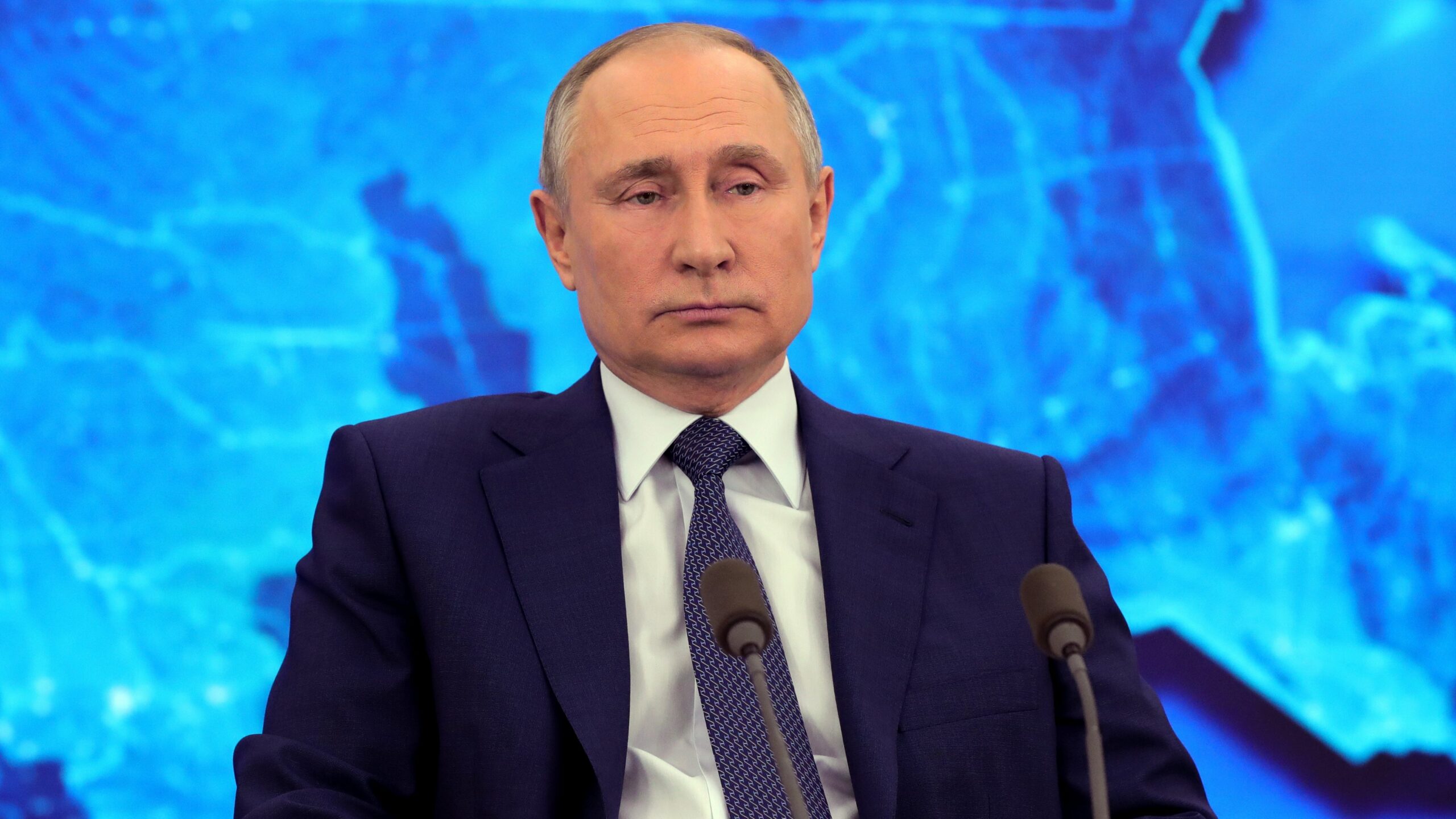How the Russian infowar works in Italy

The article by Stefano Feltri, director of the newspaper Domani , on the Copasir dossier, an article in the Corriere della Sera on the "Putinians of Italy", Russian propaganda and infowar
In the strange Italian debate, provincialism sometimes produces absurd results: for months we have been talking about Putinian propaganda and infowar, without having the faintest idea of how these mechanisms work. With the result of amplifying the outcome of any possible and probable manipulative intent of the Kremlin. For days there has been controversy over an article in the Corriere della Sera , which is rather confused, on the list of "Putinians of Italy", at the center of a Copasir dossier, the parliamentary committee that oversees the secret services.
The general indignation has turned to the fact that the Corriere supported the article with a series of photos of the characters at the center of this "Network that starts the counter-information". Solidarity was immediately triggered against these victims of dossiers and persecution, who were able to promptly express their opinions on all televisions in the most popular programs, or on the front page of friendly newspapers, as they have been doing for three months. A singular idea of censorship that has brought to many – the sociologist Alessandro Orsini above all – a visibility never experienced before.
I made my life. I do not envy those who live their youth in this time. I had never seen such a thing. It is worrying. pic.twitter.com/dyaUACAAyC
– fiorella mannoia (@FiorellaMannoia) June 6, 2022
If instead of looking at the figures – in this case the photos – the many who are indignant had also inquired (reading the article could also help, although not very detailed) they would have understood that this controversy is based on a misunderstanding. The issue is not whether the characters mentioned – from Orsini to the “geographer” Manlio Dinucci to a certain Laura Ruggeri – are under the orders of the Kremlin, but whether they are functional to its communication strategy.
That people like Orsini or Dinucci say and write things in perfect coherence with the propaganda of Moscow (and therefore false) is more a fact than an opinion and therefore often completely false. Orsini invents sanctions that do not exist in Yemen , Dinucci attributes the increase in the price of gas that began a year earlier to the sanctions against Russia , and so on.
It is very probable that these refined analyzes think for themselves, there is no element to think that they are hired by some Russian organization, that is, that they are acting a script, even if the use of the same slogans of the Sputnik propaganda or Russia Today might make you think. But that's not the point.
As years of American investigations into Russian interference in the 2016 and 2020 presidential elections show, the Russian infowar does not go through the recruitment of foreign commentators, but through the use of technology to increase the visibility and therefore the influence of who is functional to the needs of the Kremlin.
One of the simplest techniques that the digital devices of the Russian services can use for infowar operations is to use bots, that is, fake accounts behind which there are no human beings, to amplify the welcome messages.
The algorithms of the platforms do the rest, because they perceive a content as of increasing relevance, a topic that is being discussed, and increase its visibility. And if there is also some real account (and verified by the platform) that relaunches, the impact is even greater, because the presence of subjects that the social network identifies as credible reinforces the algorithm's belief that the conversation is relevant.
Thus – and with more targeted means such as the microtargeting of personalized ads – the Russians have fueled phenomena that still exist, but more niche, such as the conspiracy theories on electoral fraud of 2016 and 2020 . Or anti-Islamic propaganda, when it was a very sensitive topic in American politics.
In short, the useful pundits in Moscow can also be used by the Kremlin without their knowledge and find themselves the unwitting beneficiaries of a popularity built in vitro. On Twitter we see some dynamics compatible with this scheme, for example articles by Manlio Dinucci or Alessandro Orsini relaunched from accounts with few followers that bounce the same content from one to another, often with the same comments.
Mustapha Ida shares the French version of a piece by Dinucci which is relaunched with Chinese commentary by Oken (24 followers) while other accounts run versions in Spanish and French. Maybe Dinucci has a global popularity of which in Italy we are not fully aware, or those are bots, that is, fake accounts driven by an algorithm.
マ リ ノ デ ィ ヌ ツ チ Manlio Dinucci に よ る と 爆 発 性 ガ ス は
法 外 な 費用 に 加 え て 、 ロ シ ア の 天然 ガ ス に 取 っ て 代 わ る と 思 わ れ る 液化 天然 ガ ス の 輸送 に は 、 非常 に 危 険 な 技術天然ガ が 伴 的 的 的k
– お う け ん OKen (@ x4ipf) June 8, 2022
In McCarthyism (or even in Berlusconi) the unwelcome opinion leaders in power did not have access to television, they struggled to find publishers, they had ruined careers. Here the suspected "Putinians" churn out best sellers, are contested by TV, fill theaters and have immense social popularity, whether real or artificial.
It is a very strange form of censorship, but certainly the result, and the related debate, are pleasing to the Kremlin and Putin.
(The original article was published in Domani)
This is a machine translation from Italian language of a post published on Start Magazine at the URL https://www.startmag.it/mondo/come-funziona-in-italia-infowar-russa/ on Sun, 12 Jun 2022 05:41:06 +0000.
